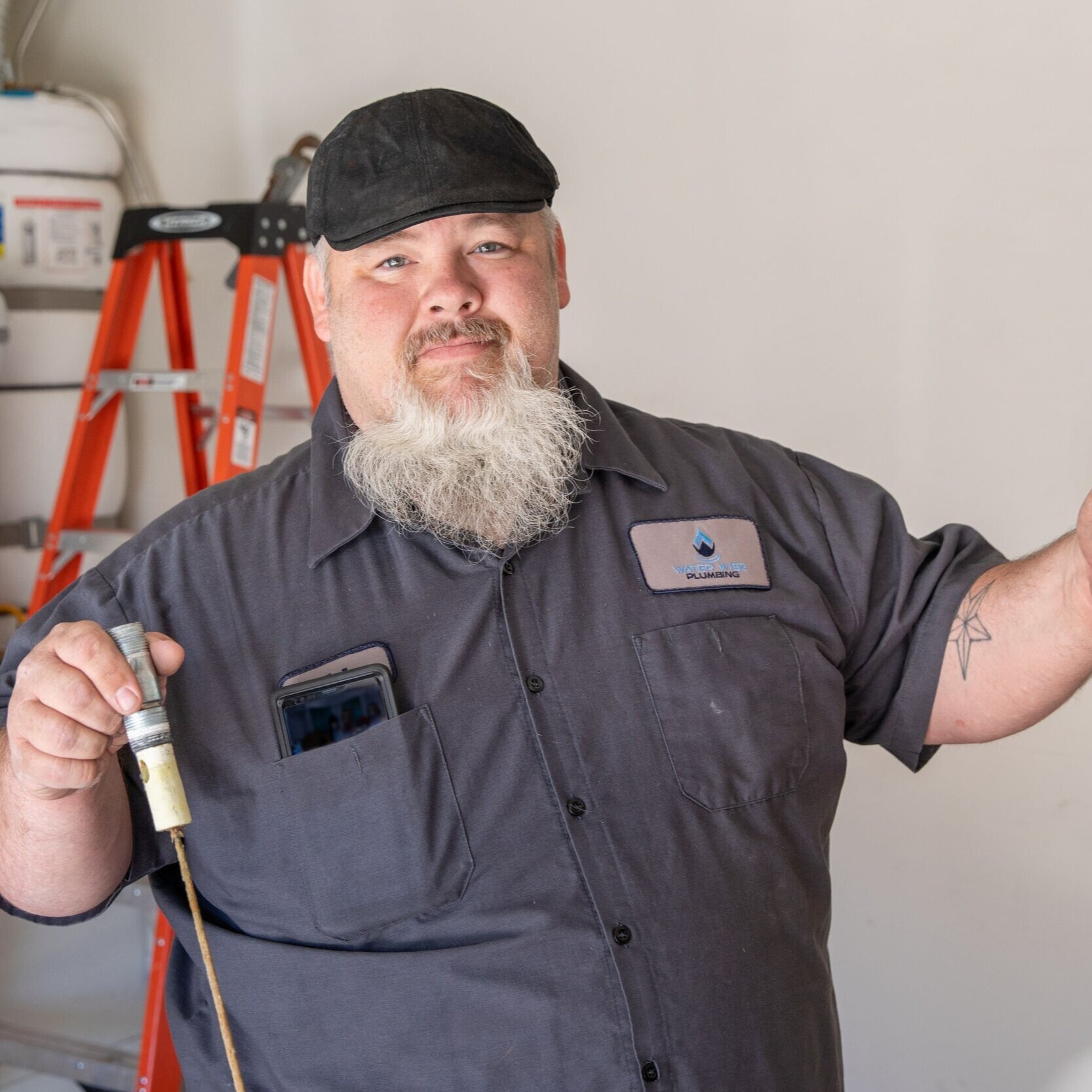Stop! Here's Why You Should Not Flush Baby Wipes Down the Toilet
It's so tempting and convenient to flush baby wipes down the toilet. But this can create a problem similar to that of flushing tampons, cotton buds, and other feminine hygiene and sanitary products down the toilet. These products create issues within your home's plumbing as well as the public sewer system over time.
Baby wipes are causing extensive damage to the plumbing system and endangering residents' safety and comfort. Though some wipes come with labels marked as disposable, biodegradable, flushable, or sewer safe, research suggests that they should not make their way down the drains.
The only things that should go down the bowl are bodily waste and toilet paper. This is because they break down easily or disintegrate on their way to the sewer system. The most effective way to dispose of any other waste is to keep a trash can near the toilet and throw anything else in it instead of the toilet bowl.
In this article, we discuss some reasons not to flush baby wipes down the toilet:
It takes longer to break down
Baby wipes are different from toilet paper. They are made from chemicals and synthetic materials and are more durable. Baby wipes either don't break down when wet or take much longer when compared with toilet papers, irrespective of their size. Treating them like toilet paper and throwing them in the bowl can cause severe plumbing issues down the line.
Pipe blockages
Because some baby wipes are marked flushable, more and more people are throwing them in the toilet. Wipes are quickly becoming one of the top reasons for blockages and damage to residential plumbing. It has even led to pipe bursts, causing severe water damage.
Sewer backups
Even if the baby wipes manage to pass through the home plumbing and reach the sewer system, it creates issues in the septic tank or the sewer pipes. They are detrimental to the home as well as the municipal sewer system. Baby wipes are not compatible with the technology used to treat sewer waste. Old sewer systems made from iron, clay, or concrete pipes are susceptible to tree root intrusion, may have cracks and other wear and tear due to their age. Wipes get caught in the roots and other places, making it difficult for other things to pass through. The build-up eventually causes sewer back-ups and other severe plumbing damages.
Fatberg
Fatberg is a prime example of issues caused by flushing inappropriate items like baby wipes. It is an iceberg-like formation that consists of grease, fat, wipes, and other debris tangled together. They are tough to clean and are capable of causing large-scale sewer damage.
Costly repairs
Removing clusters of accumulated baby wipes is unsightly, unpleasant, and requires some effort to clear them. They build-up quickly into a mass, but the method to break them down is quite laborious. Frequently flushing baby wipes cause recurrent blockages. Plumbers charge a high amount to fix these problems due to the intensive nature of the cleaning process.
Environmental hazard
Baby wipes don't break down or dissolve in water. They end up in the ocean and other water bodies, polluting the water and harming the wildlife.
Baby wipes are undoubtedly very convenient, but they should end up in a trash can and not the toilet bowl. Being vigilant about what goes down the toilet can save you from frequent clogs and costly plumbing repairs.
Water Wise Plumbing offers Las Vegas area residential plumbing repair for water softeners, sewer lines, water line reroutes ,tankless water heaters, and more. We perform water heater flush, sewer line camera inspection, hydro jetting. Call us today at (702) 605-6408.

